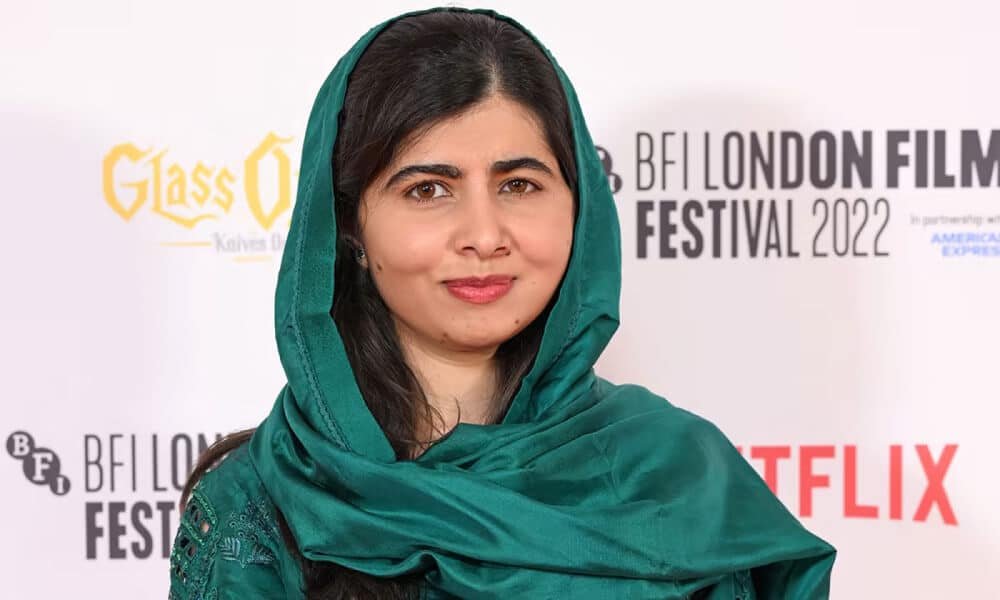Social activist and film producer Malala sat down with Joyland screenwriter and director Saim Sadiq for an interview on Sky News, where she spoke about the reason that prompted her to become a producer for the film. The Nobel Prize winner revealed that storytelling was an important part of activism:
“In my next phase of activism, I have to look at other means of storytelling as well. Activism needs to go beyond just working with an NGO. We need to find other ways in which we challenge the social norms that deny women their basic rights.”
Yosafzai also reflected on why it was important that the main character of the film, Biba, was played by the trans actress Alina Khan, so that the story could accurately reflect the plights of the trans community.
“The screen helps us to connect with people and really helps us to be more tolerant with others. I was so grateful that Saim made sure that the trans role is played by a trans woman. This was critical. Everyone’s story is important and it deserves to be told by them. And a trans person should be given the rights that everyone else is given,” she said.
The Nobel laureate said that it was unfortunate that we don’t want people to talk about issues and don’t want these stories to make it to the screen. “I hope we can challenge that,” she stated.
The ban on ‘Joyland’ came up in the discussion when director Saim Sadiq reflected back on how the film ‘‘turned out to be a big act of resistance.”
“I realised when the film was being released, that there are a lot of people who are very uncomfortable with just the existence of this film,” he said.
“Banning the film is perhaps the fastest way to make activism work and to get everybody to talk about the issues we want them to talk about.”







